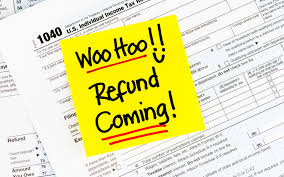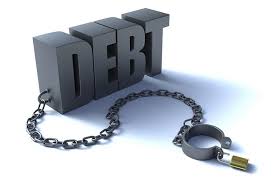10/5/2017
Are you falling behind on bills? Do your bills run more than your income? What can you do if income does not cover all your expenses? Well hopefully you are in a short term situation, such as being off work on a medical leave and normal income will resume; however if that is not the case, you want to focus on trying to increase income. Things to think about:
1. It may sound obvious but applying for jobs like a mad man- either to find a job, take on a 2nd one if there is a small gap in bills vs. income, or maybe you are earning beneath your potential.
2. Consider a roommate or tenant to help with bills.
3. Can you create some money quick- selling something or having a yard sale, cashing in some savings bonds from Grandma, or donating blood/plasma? This does not solve the problem, but could pay a critical bill or two.
At the same time as trying to increase income, see what expenses can be reduced, stopped or put off until the situation gets better.
1. Prioritize bills from most important to least- rent, food, gas, phone (especially if job hunting) utilities and car insurance are on that list. Things that are less important are cable, and debt such as credit cards. Car loans are a tough one. They are important and if you default you can lose your car; however working with your lender is a must if you do not have enough money to pay them. If it is a short term situation they may be able to grant an extension, where they allow you to skip a payment or two and put it to the end. If you expect the hardship to last, consider selling the vehicle, trying to refinance to reduce the payment or last result would be to give it back (aka voluntary repossession).
2. If you can’t pay your student loans you must work with your lender(s). There are hardship deferments or forbearance, which allow you to put off payments temporarily. There are also other options such as Income Based payments (which can be calculated as $0 if your income is low enough), extended or graduated options as well.
3. If you are going though a hard time financially credit cards are lowest priority. I know they are annoying when you get behind because they call day and night. They affect your credit. They add late fees, over limit fees and every fee they can think of. And they add the late fee to the payment the next month. All of that is true; however you still never pay Citi Card (or whoever) before your electric bill. There are hardship programs or non-profit debt programs that can help you catch up, but first you must fix the income shortage problem.
4. Stop any automatic payments such as Netflix or Hulu, or the gym if you are not in a contract. You cannot afford any overdraft fees if something hits your bank and the funds are not there. Most times you can pause service and start it back up when things are better.
5. If the income shortage becomes permanent and you have decreased your expenses and tried to increase income and still fall short, more drastic measures are needed. You may need to consider moving into less expensive housing, with family or becoming a roommate to someone else. If you are in a mortgage you can’t afford, list the house ASAP, and try to get it sold so you don’t lose it. If you are in an expensive car loan, can you sell it or refinance it with your existing or another lender? If you have lots of debt, would filing bankruptcy solve the problem? Consult with an attorney or financial counselor in your area. Do not try to deal with yourself because financial problems can cause stress, anxiety and depression and there are people who can help! To find a non-profit credit counseling service in your area, call 800-388-2227.
I have a few free tools that may be helpful:





